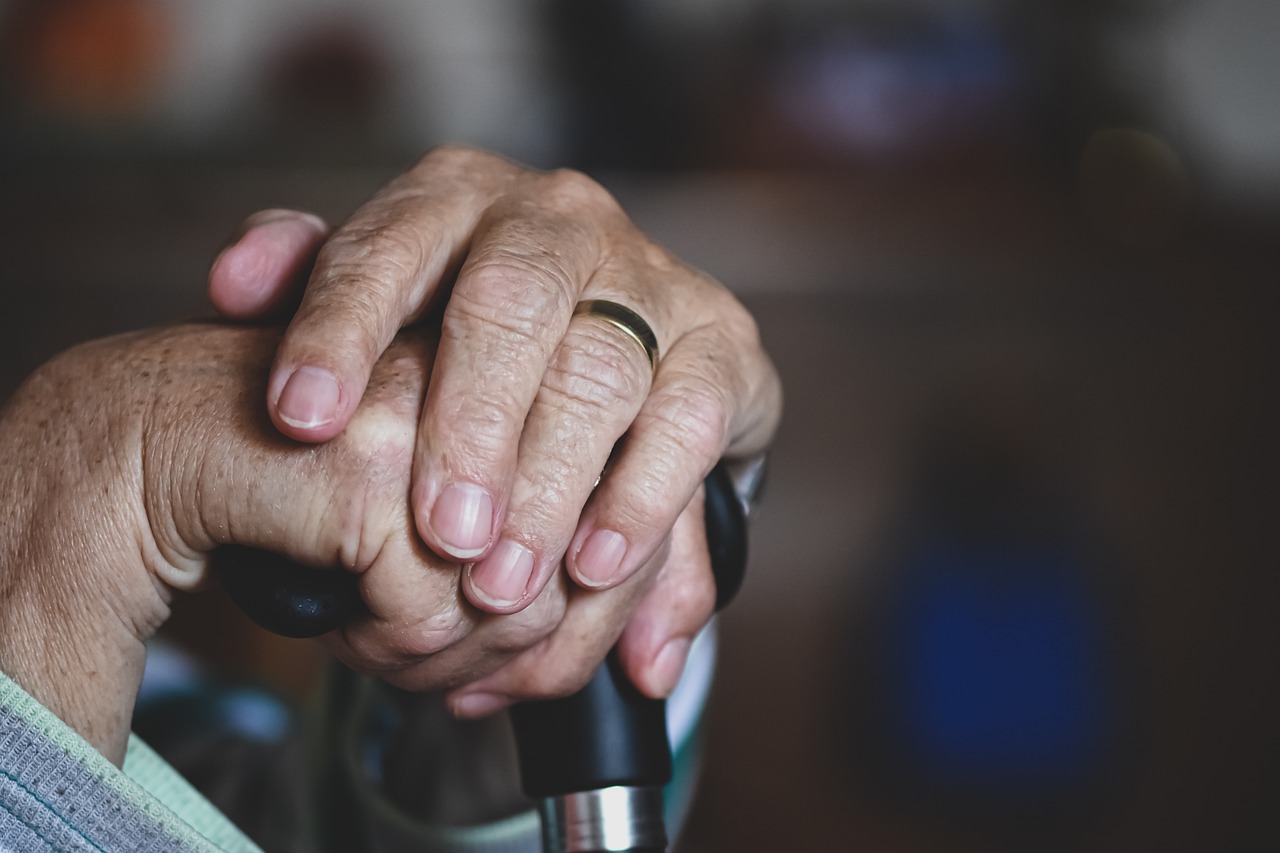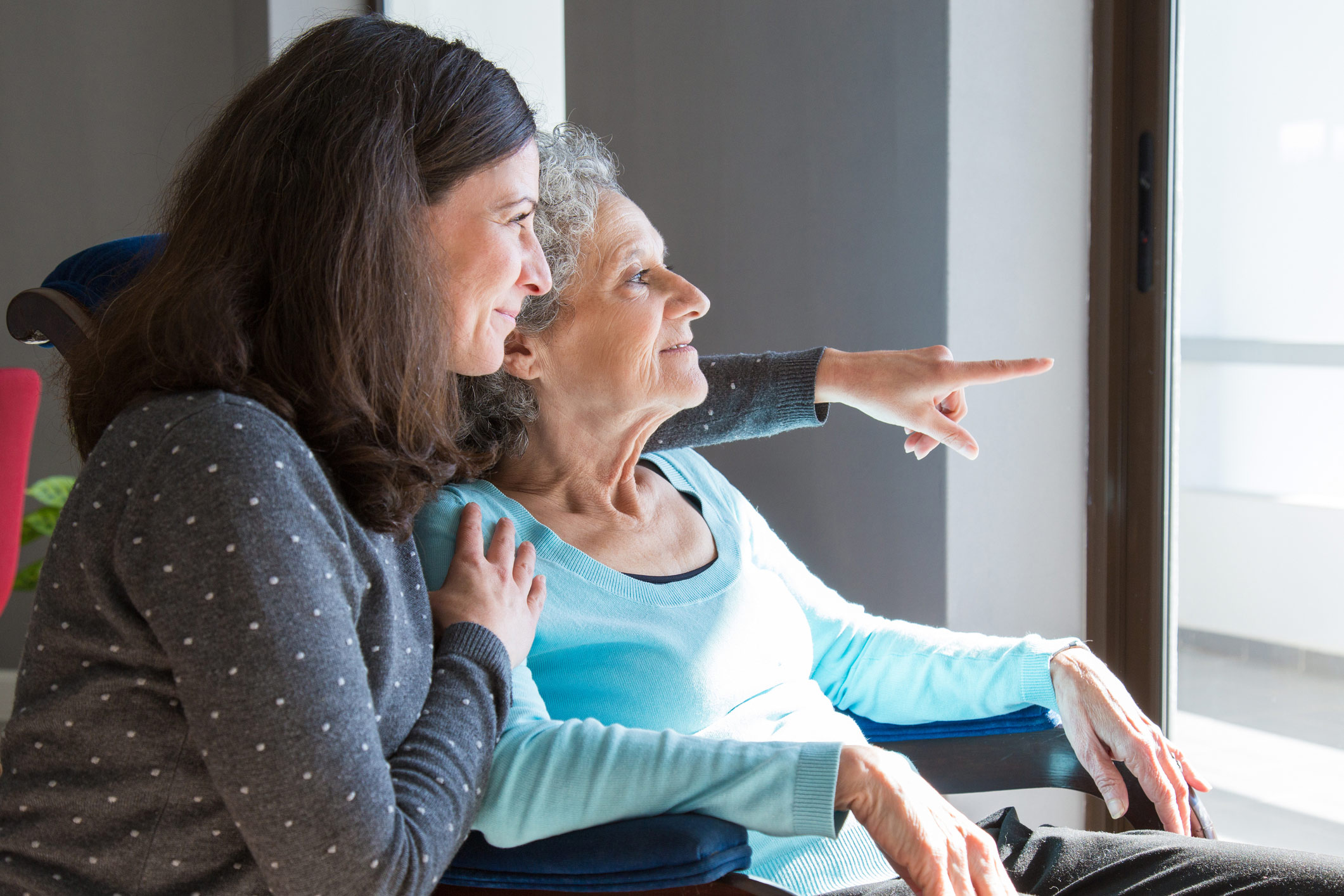
10 Tips on Caring for Your Elderly Loved Ones
Caring for elderly loved ones is a profound and fulfilling journey, yet it comes with its own set of challenges. As our loved ones age, their needs evolve, necessitating a compassionate and informed approach to ensure their health, happiness, and dignity. Whether you’re a family caregiver or seeking professional support, understanding the essentials of elderly care can significantly impact the well-being of your senior family members. This article explores ten crucial tips for caring for the elderly, with a focus on promoting their physical, emotional, and mental health.
1. Ensure Regular Health Check-ups
Regular health check-ups are the cornerstone of maintaining the well-being of elderly loved ones. These visits not only help in monitoring health status but also in the early detection and management of potential health issues. Encourage and assist your loved ones in scheduling appointments with healthcare providers, including specialists for vision, hearing, and dental care. Staying proactive about health can prevent complications and ensure that your elderly family members enjoy the best quality of life possible.
2. Be Vigilant Against Nursing Home Abuse
Ensuring the safety and well-being of your elderly loved ones extends beyond their physical health. It’s crucial to be vigilant against potential risks in care environments, including nursing homes. Unfortunately, nursing home abuse is a reality that can have devastating effects on the elderly. Being informed about the signs of abuse and understanding the steps to take if abuse is suspected are paramount. This includes knowing how to proceed with nursing home abuse lawsuits to seek justice and protection for your loved one. Choosing the right care setting involves thorough research and ongoing, open communication with care providers to ensure a safe, nurturing environment for your family member.

3. Promote a Healthy Diet
Nutrition plays a pivotal role in the health of elderly individuals. With age, dietary needs change, and the risk of malnutrition increases. Focus on providing meals rich in nutrients, vitamins, and minerals essential for maintaining energy levels, strengthening the immune system, and supporting overall health. Consult with a nutritionist to tailor a diet plan that caters to your loved one’s specific health conditions and dietary preferences, ensuring they get the nourishment they need.
4. Encourage Physical Activity
Physical activity is vital for seniors, promoting cardiovascular health, strengthening muscles, improving flexibility, and enhancing mental well-being. Encourage your loved ones to engage in regular, age-appropriate exercise, such as walking, yoga, or swimming. Always consult with a healthcare provider to determine the safest and most beneficial forms of exercise, considering any underlying health conditions.
5. Foster Social Connections
Social interactions are crucial for the emotional and mental health of elderly individuals. Isolation and loneliness can lead to depression and a decline in cognitive function. Encourage your loved ones to maintain social connections through family visits, friendships, and participation in community or senior center activities. Providing opportunities for engagement and interaction can enrich their lives, offering a sense of belonging and joy.
6. Support Mental Health and Cognitive Function
Mental health is as important as physical health, especially for the elderly, who may face depression or anxiety. Additionally, cognitive functions can decline, leading to conditions like dementia or Alzheimer’s. Engage your loved ones in activities that stimulate the mind, such as puzzles, reading, or hobbies that interest them. Be attentive to signs of mental health issues and seek professional help when necessary to ensure they receive the support and treatment they need.

7. Ensure Home Safety
As mobility decreases with age, the risk of falls and injuries within the home increases. Making necessary modifications to create a safe living environment is crucial. This can include installing grab bars in the bathroom, ensuring adequate lighting, and removing trip hazards. Assess the home for potential safety risks and make the necessary adjustments to ensure your loved ones can navigate their space safely and comfortably.
8. Manage Medications Effectively
Proper medication management is crucial for the health of elderly individuals, who often take multiple prescriptions for various health issues. Organize their medications, keep a detailed schedule, and understand the purpose and side effects of each. Utilize pill organizers or automated reminders to ensure they take their medication correctly and on time. Regularly review their medications with a healthcare professional to avoid adverse interactions and ensure the regimen remains effective and appropriate.
9. Plan for the Future
Legal and financial planning are essential aspects of caring for elderly loved ones. This includes setting up wills, trusts, and advance directives, as well as discussing and documenting their wishes regarding long-term care and end-of-life decisions. Engage the services of a legal professional specializing in elder law to guide you through the process, ensuring that your loved one’s rights and preferences are respected and protected.
10. Care for the Caregiver
Caring for an elderly loved one can be rewarding, but it can also be physically and emotionally draining. It’s important for caregivers to recognize the signs of burnout and prioritize their own health and well-being. Seek support from family, friends, or caregiver support groups, and consider respite care options to give yourself a much-needed break. Remember, taking care of yourself is not a luxury—it’s essential for providing the best care to your loved one.
Conclusion
Caring for elderly loved ones is a journey filled with love, challenges, and profound rewards. By embracing a comprehensive approach that covers their physical, emotional, social, and legal needs, you can help ensure they live their later years with dignity, comfort, and joy. Remember, the key to effective elderly care lies in communication, compassion, and proactive planning. Engage with your loved ones, understand their needs and wishes, and involve them in decisions about their care. Through patience, understanding, and the right support, you can make a significant difference in the lives of your elderly family members, ensuring they receive the love and care they deserve.




